Dialogue cannot exist without humility
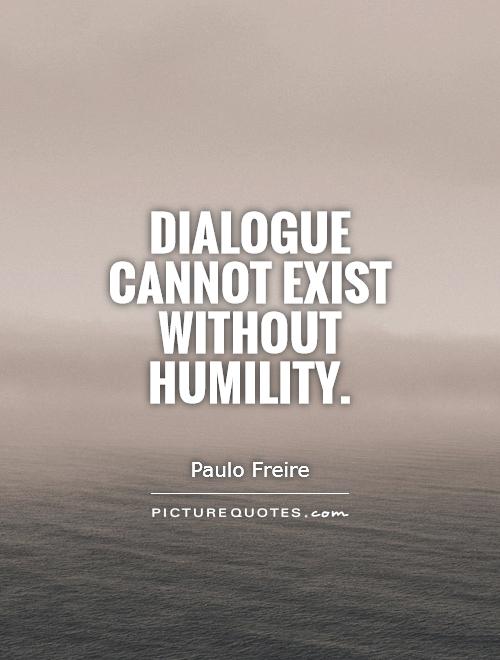
Dialogue cannot exist without humility
Paulo Freire, a Brazilian educator and philosopher, is best known for his work on critical pedagogy and the importance of dialogue in education. Freire believed that true dialogue cannot exist without humility, as it is essential for creating a space where individuals can come together to learn from each other and challenge their own beliefs and assumptions.In Freire's seminal work, "Pedagogy of the Oppressed," he argues that traditional education systems often perpetuate oppressive power dynamics by treating students as passive recipients of knowledge. Instead, Freire advocates for a more democratic and participatory approach to education, where teachers and students engage in a dialogue that is based on mutual respect and humility.
Humility is a key component of dialogue because it requires individuals to approach conversations with an open mind and a willingness to listen and learn from others. Without humility, dialogue can easily devolve into a competition of egos, where individuals are more concerned with asserting their own opinions and beliefs than engaging in a meaningful exchange of ideas.
Freire believed that humility is essential for creating a space where individuals can challenge their own assumptions and biases, as well as those of others. By approaching dialogue with humility, individuals are able to recognize their own limitations and acknowledge that they do not have all the answers. This allows for a more collaborative and inclusive approach to learning, where individuals can come together to explore new ideas and perspectives.
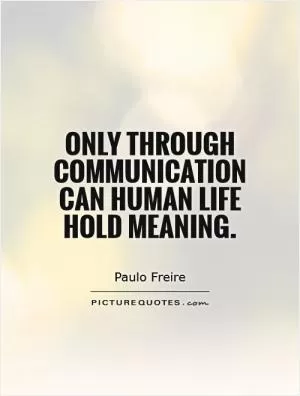

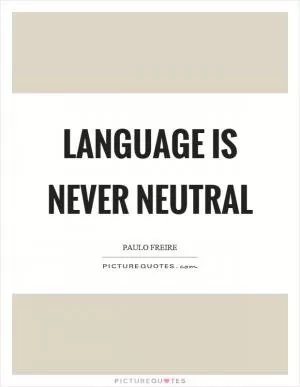
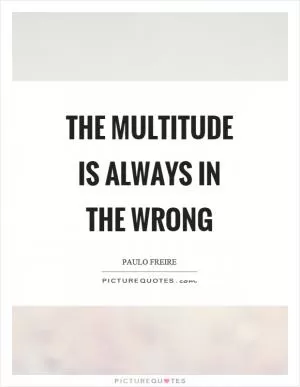
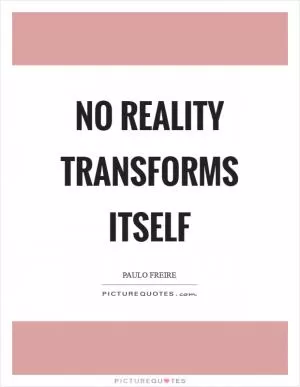

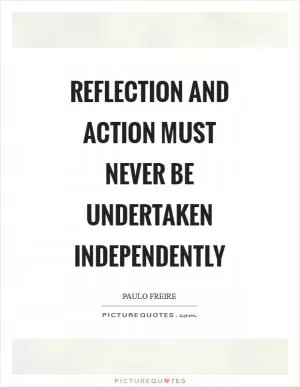
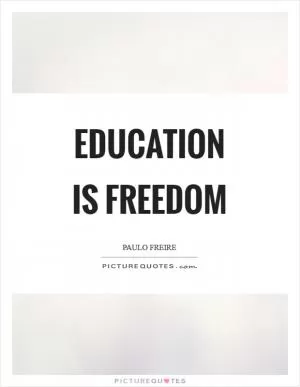
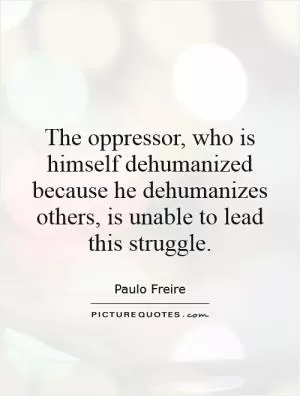
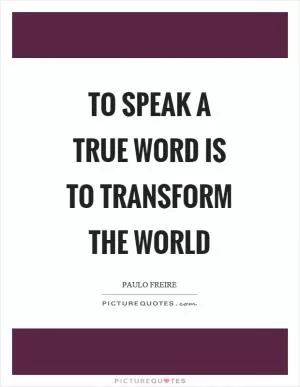

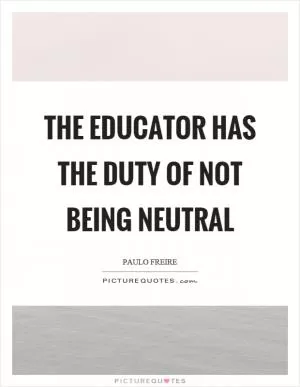
 Friendship Quotes
Friendship Quotes Love Quotes
Love Quotes Life Quotes
Life Quotes Funny Quotes
Funny Quotes Motivational Quotes
Motivational Quotes Inspirational Quotes
Inspirational Quotes